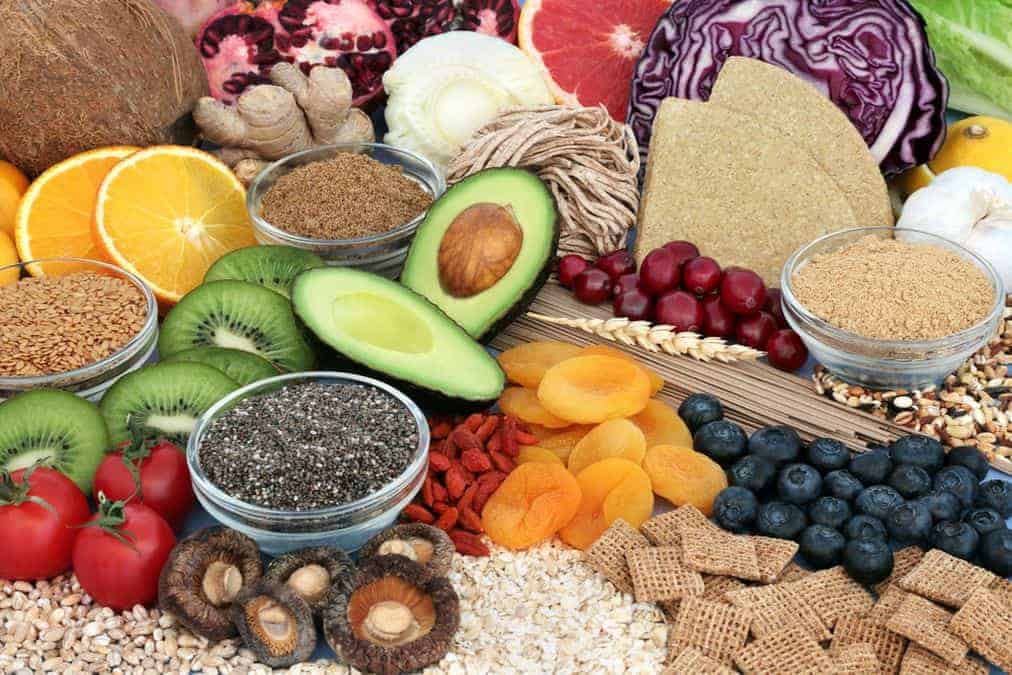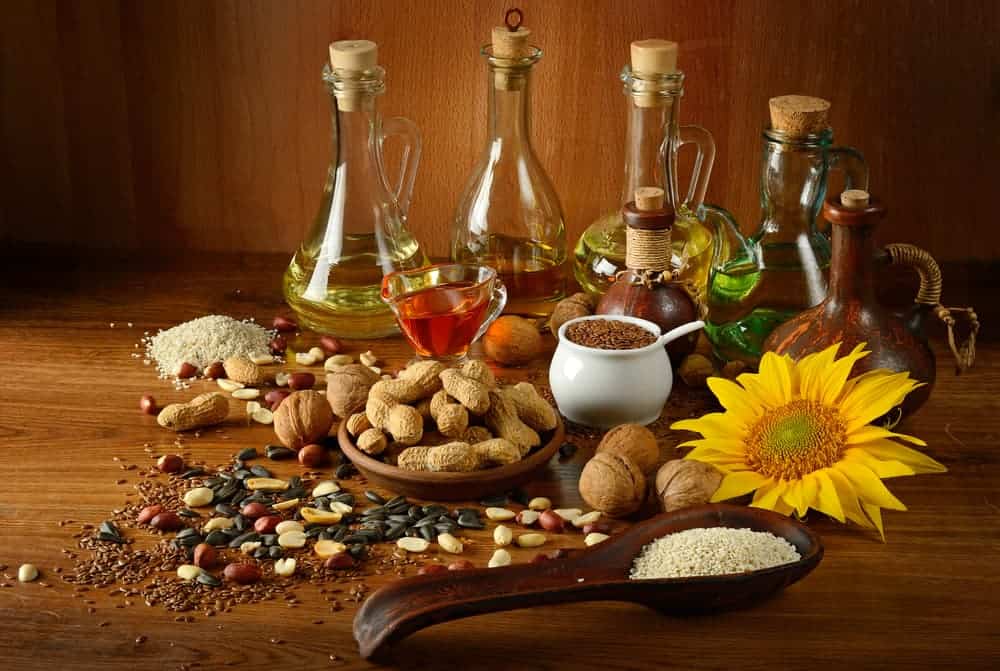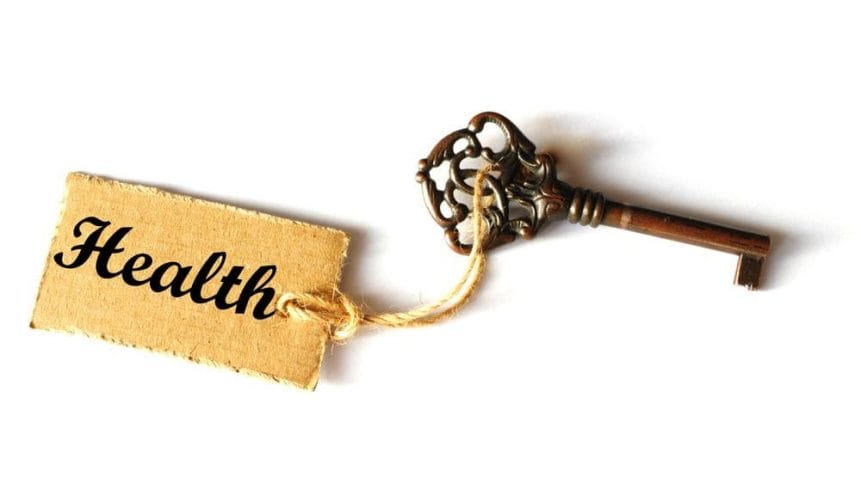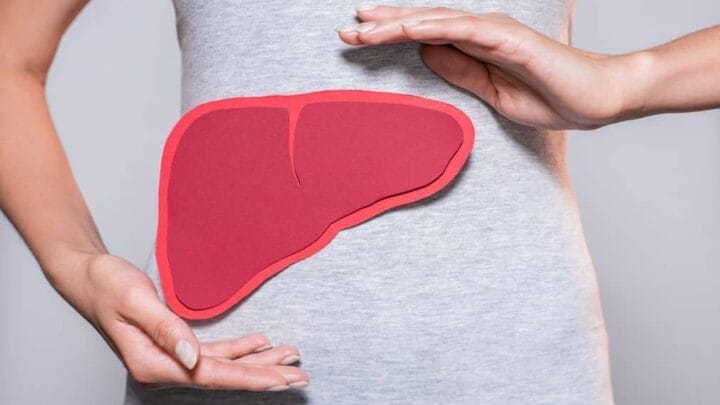
Phytosterols – how do they affect our body?
The proper functioning of the human body depends on many diverse factors, including providing it with adequate doses of selected nutrients. Most of us know that these are primarily vitamins and minerals, but we often do not realize the enormous importance of phytosterols, also known as plant sterols, for health.
Contents
What are phytosterols, or plant sterols?
The first thing we should know about this group of compounds necessary for the proper functioning of the body is their definition, and they are substances of plant origin, which chemically resemble human cholesterol. At the same time, they are organic chemical compounds that are alcohols and belong to the steroid group. They can have different origins, their basic division is as follows:
- phytosterols, of plant origin;
- zoosterols, of animal origin;
- mycosterols, whose source is fungi;
- synthetic sterols, produced in laboratory conditions, which include, for example, anabolics and most contraceptive drugs.
Science already distinguishes more than 150 phytosterols with diverse functions, and a number of them have beneficial effects on human health, and the ones we can most often deal with are:
- alpha-spinasterol;
- beta-sitosterol;
- brassicasterol;
- stigmasterol.
There is also another division of them, into saturated forms, called stanols and accounting for as much as 10% of total plant sterols, and unsaturated forms, which are just sterols. In plants, they are one of the building materials of cell membranes, on which depends the firmness of their structure and resistance to possible negative external factors.
What is the difference between phytosterols and cholesterol?
Since phytosterols are similar in structure to cholesterol, they can effectively take over some of its functions, and supplying them in the recommended doses is of considerable importance for health. First of all, they reduce the amount of cholesterol absorption, up to 30-40%, and can simultaneously increase its removal from the body, especially the most harmful fraction LDL and the so-called total cholesterol. This will succeed in reducing the risk of many dangerous cardiovascular diseases, primarily atherosclerosis.
Which sources of phytosterols are worth using?

There are many options for supplying the body with the recommended dose of plant sterols, which is 2-3 g per day, these can be, for example, dietary supplements having them in their composition. However, doctors and specialists in healthy nutrition point to a better source of them, which is a properly balanced diet, and when it comes to products containing large amounts of beneficial phytosterols, the diet should include:
- high-quality vegetable oils, primarily rapeseed, grape seed, corn, palm, rice bran, soybean, sesame, sunflower, avocado and corn oils;
- olive oil, but necessarily the healthiest, extra virgin;
- macadamia nuts;
- sesame seeds;
- nuts, especially pistachios, but also peanuts, walnuts and hazelnuts;
- almonds;
- wheat bran and wheat germ;
- flour, but only whole-grain, buckwheat or rye flour and products made from it, bread or pasta;
- fruits, such as pineapples, figs, maracuja, citrus, bananas;
- legumes, especially various types of beans;
- mushrooms;
- brassica vegetables, such as cauliflower, Brussels sprouts and broccoli;
- lettuce.
Sizable doses of phytosterols are also found in prepared foods, which, in carefully selected quantities, can also be introduced into your daily menu, and include:
- yogurts;
- cheeses, especially ripened cheeses;
- milk and dairy drinks;
- margarine intentionally enriched with plant sterols;
- ready-made salad dressings, but it is advisable to carefully check their composition in advance for the presence of harmful substances, artificial colors or preservatives;
- mayonnaise, the amount of which should not be exaggerated, as it is high in calories and can contribute to overweight and obesity;
- dark chocolate with a minimum of 70% cocoa content.
However, it is worth remembering that products enriched with phytosterols can not be consumed by everyone, they are not recommended for children, especially preschoolers, up to 5 years of age, and pregnant women. In both of these groups, they can lead to excessive lowering of cholesterol levels that can seriously compromise health.
Which health properties of phytosterols do specialists highlight?
We already know what plant sterols are, what types they are, which sources are worth using to supplement their possible deficiencies, and their effect on maintaining proper blood cholesterol levels. This is not their only health-promoting effect, and experts in the field also point to other valuable medicinal properties of phytosterols. The most important ones, which are definitely worth highlighting, are:
Cardiovascular support
Which is possible precisely due to the properties of plant sterols that allow to regulate the amount of total cholesterol and its most harmful fraction LDL. Excess “bad” cholesterol can become the cause of the development of many cardiovascular diseasessystem, increasing the risk of myocardial infarction, atherosclerosis and stroke, among others.
Anti-cancer effects
Numerous studies are currently underway to rule out or confirm the effect of phytosterols on inhibiting the proliferation of cancer cells. The results are very promising, having already shown that an adequate amount of these compounds in the diet can not only block the the proliferation of cancer cells, but also inhibit the possible metastasis of existing ones to other organs. Individual phytosterols, such as β-sitosterol, for example, have shown some efficacy in prostate cancer, colon cancer, stomach cancer and breast cancer.
An important element of the anti-cancer effect of phytosterols is their strong antioxidant properties that allow the removal of excess accumulated free radicals, or reactive oxygen species (ROS), from the body. Very often they become the cause of the development of dangerous diseases, including cancer.
Anti-inflammatory action
Another important task of plant sterols in the human body is to support the weakened immune system, which cannot always cope with the developing inflammation. The anti-inflammatory effect of phytosterols allows to fight them practically in the bud, they support, among other things, the treatment of extremely painful rheumatoid arthritis.
Anti-growth of the prostate gland
Prostate gland proliferation, or prostate, is a serious disease, the symptoms of which are being complained of by an increasing number of men over the age of 50. As a result of it, not only sexual performance or fertility is impaired, untreated it can become the cause of prostate cancer, and phytosterols are an important part of prevention.
Not only can they reduce the hypertrophy of the prostate gland, they also alleviate many of the symptoms accompanying this disease, above all the difficulty in passing urine properly and its dangerous retention in the bladder, which can lead to inflammation of this organ.
Other valuable health properties of phytosterols

Of course, phytosterols also have other equally valuable effects that promote the improvement of weakened health:
- antibacterial and anticoagulant;
- regulating the body’s lipid metabolism;
- helping relieve symptoms of menopause and andropause;
- stimulating insulin secretion and regulating blood glucose levels, so they can be used in the prevention of diabetes;
- activating elastin and collagen production;
- improving skin firmness and elasticity;
- strengthening the lipid barrier of the epidermis and preventing it from drying out;
- accelerating the regeneration of damaged skin cells and soothing skin irritation;
- supporting the treatment of alcoholic steatosis of the liver and inflammatory bowel disease.
What is the danger of excess phytosterols in the diet?
Despite the undoubted advantages of consuming plant sterols, the recommended daily dose should not be exceeded, and their excess often becomes the cause of quite unpleasant side effects. Among the most troublesome we can include:
- greater risk of ischemic heart disease;
- decreased absorption and assimilation of other essential nutrients, primarily fat-soluble vitamins, vitamin D, vitamin E, vitamin K, and lycopene and beta-carotene
- an unpleasant feeling of discomfort in the abdominal cavity.
Sources:
- https://www.healthline.com/nutrition/phytosterols-benefits-and-downsides
- https://www.healthline.com/health/high-cholesterol/natural-cholesterol-reducers



